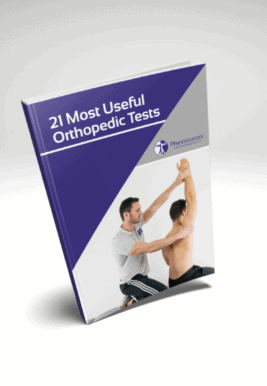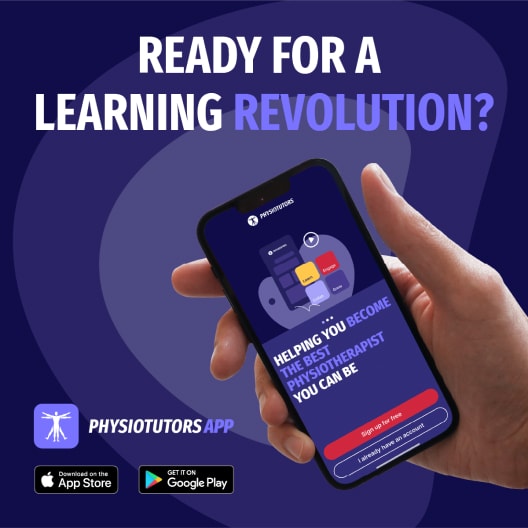Learn
Cozen’s Test for Tennis Elbow / Lateral Epicondylalgia
Cozen’s Test is one of the most common tests for Lateral Epicondylalgia which describes pain due to tendinopathic changes in the extensor carpi radialis brevis muscle as a result of repetitive strain commonly from manual labor or racket sports such as tennis, which is why it’s also known as tennis elbow. While tests such as the Cozen’s Test are done daily in clinical practice, diagnostic accuracy studies on assessment tests for lateral epicondylalgia are lacking to this day, which is why the clinical value remains questionable.
To conduct the test, the patient is in sitting position. According to it’s original description, the patient’s arm is in extension, the forearm in pronation, and the wrist in slight radial deviation. The examiner palpates the insertion of the extensor carpi radialis brevis muscle at the lateral epicondyle of the humerus. Then, the patient is asked to make a fist and to perform resisted wrist extension against pressure applied by the examiner.
The test is positive in case the patient’s familiar sudden lateral elbow pain is reproduced.
Other common tests to assess for Tennis Elbow / Lateral Epicondylalgia are:
21 OF THE MOST USEFUL ORTHOPAEDIC TESTS IN CLINICAL PRACTICE

Like what you’re learning?
BUY THE FULL PHYSIOTUTORS ASSESSMENT BOOK
- 600+ Pages e-Book
- Interactive Content (Direct Video Demonstration, PubMed articles)
- Statistical Values for all Special Tests from the latest research
- Available in 🇬🇧 🇩🇪 🇫🇷 🇪🇸 🇮🇹 🇵🇹 🇹🇷
- And much more!








